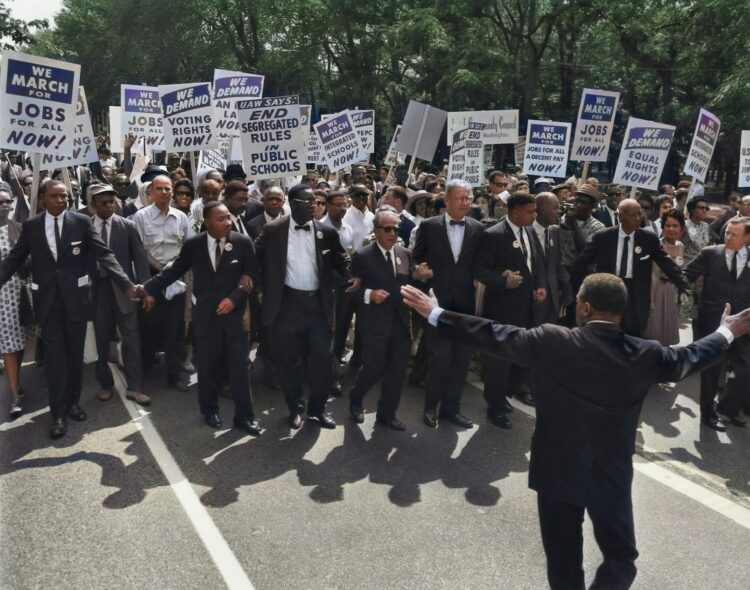Being a Politician

The topic of why to become a politician serves as an excellent conversation topic for English learners, providing opportunities to enhance language skills and broaden their understanding of politics and governance. Engaging in discussions about the motivations behind pursuing a political career allows learners to practice expressing opinions, supporting arguments and using vocabulary related to politics and leadership.
Additionally, exploring this topic encourages critical thinking, fosters awareness of social issues and develops a deeper understanding of civic responsibilities. By discussing why individuals choose to become politicians, English learners can improve their speaking, listening and analytical skills while gaining insights into the dynamics of the political world.
About Becoming a Politician
Becoming a politician is not usually top of the list when you ask schoolchildren what they would like to be when they grow up, but there are many people who decide to pursue a career in politics.
Being a politician comes with its downsides as you will be a public figure who is commonly scrutinised by both the public and the media and in some cases, the hate they receive goes beyond what is acceptable. Given the negative points associated with becoming a politician, why do you think people choose to become politicians?
Useful Vocabulary
Try and use the following vocabulary when answering the question. Click to look up the definition in the dictionary
Conversation Questions
- Why do you think people choose to become politicians?
- Do you know anyone who is a politician?
- What is your perception of politicians?
- Can you think of any personal qualities or skills that are important for a successful politician?
- Do you think more should be done to encourage children to get into politics?
- What are the good aspects of being a politician?
- What are the potential challenges or drawbacks associated with a career in politics?
- How can politicians contribute to creating positive change and improving the well-being of their communities?
- Do you believe that politicians should prioritize public service over personal gain?
- Can you think of any notable politicians who have made a significant impact in their respective countries?
- Are politicians primarily responsible for addressing societal issues, or should individuals take more active roles in initiating change?
- Should there be term limits for politicians to ensure fresh perspectives and prevent the accumulation of power?
- Is it necessary for politicians to have previous experience in fields such as law or business to effectively serve their constituents?

